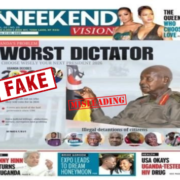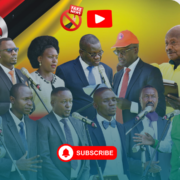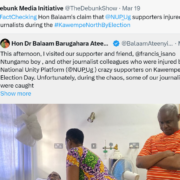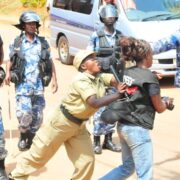Africa No Filter Standards for Reporting on African Elections
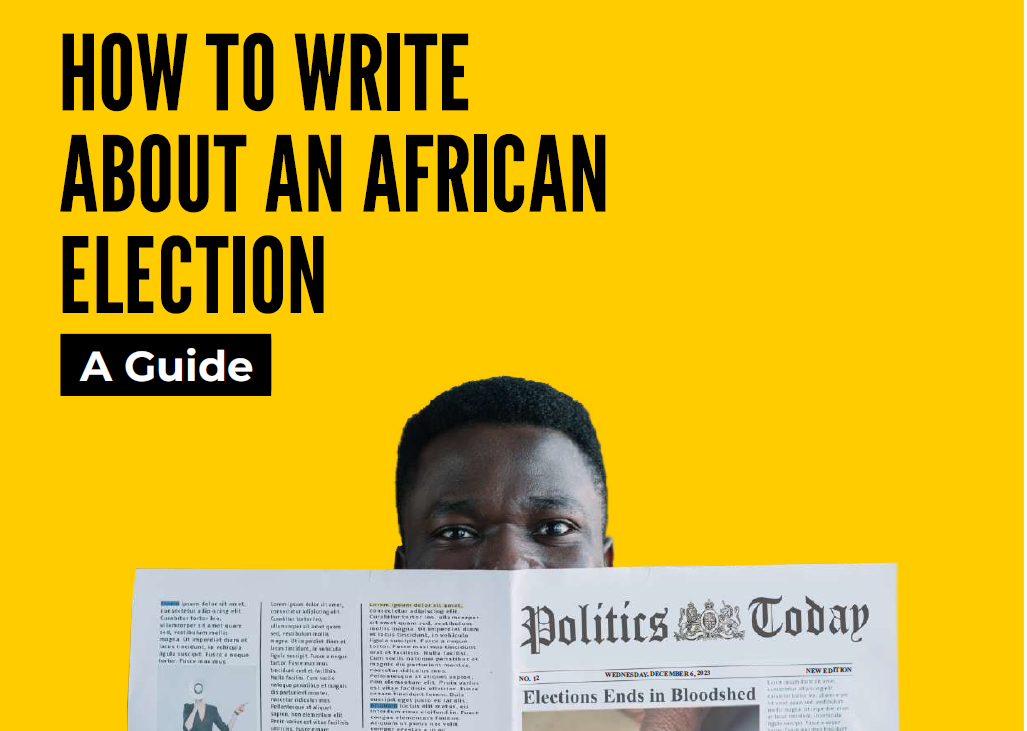
Africa No Filter, an advocacy organization shifting stereotypical narratives about Africa, emphasizes the importance of providing context when reporting on African political processes, including elections. This approach is particularly relevant to Uganda, where electoral violence must be understood within the country’s broader political development.
Effective reporting should place current events within a historical context. Daniel Kalinaki notes that after “very violent elections in 2001 and 2006 followed by relatively peaceful ones in 2011 and 2016, we thought there was a light at the end of the tunnel. Events before, during and after the 2021 election now show that the light was an oncoming runaway train”.
This historical trajectory helps readers understand that the violence against journalists represents a regression in Uganda’s democratic journey rather than simply isolated incidents. Context should also include explaining Uganda’s electoral system, political parties, and the significance of particular races. The Kawempe North by-election violence, for instance, gains meaning when readers understand the constituency’s importance, the stakes of the race, and patterns of electoral malpractice that have emerged in previous contests.
Africa No Filter’s guide also cautions against reporting that reinforces stereotypes about African governance. When covering election violence, it’s important to avoid narratives that suggest such violence is inevitable or uniquely African. Instead, reporting should highlight the specific agencies and individuals responsible for violations while also acknowledging the many Ugandans working for democratic processes and press freedom.
A guide on how to write about an African Election by debunkinitiative on Scribd
The Human Rights Network for Journalists – Uganda’s condemnation of attacks on journalists and their plans to “engage media practitioners across the country on how to keep safe during elections coverage” demonstrates that Ugandan civil society is actively working to address these challenges. Including such responses provides a more balanced picture than focusing exclusively on violence.
Using Global Statistics and Reports on Elections
Global reports on press freedom during elections provide valuable context for understanding Uganda’s situation. While Uganda’s challenges are severe, they are not unique. Data from press freedom organizations can help contextualize the violence against journalists during the Kawempe North by-election within regional and global patterns. Effective reporting should draw on these resources to help readers understand both what is common across elections in challenging environments and what may be distinctive about Uganda’s situation. This approach avoids both normalizing violence and sensationalizing it.
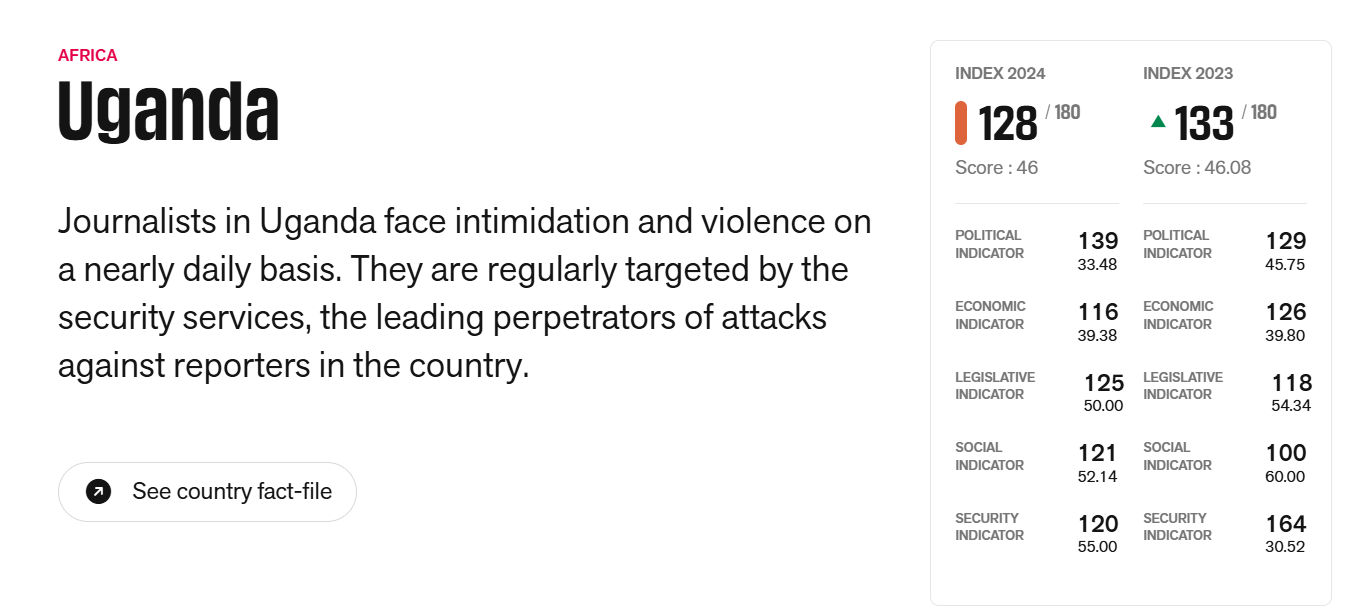
Global election monitoring organizations have developed detailed standards for assessing electoral processes, including media freedom aspects. These standards provide useful frameworks for journalists reporting on Ugandan elections, offering objective criteria for evaluating incidents like those in Kawempe North.
Reporting can reference these standards when documenting electoral malpractice or violence against the press. For example, the pre-ticking of ballots represents a specific category of electoral fraud recognized by international monitoring organizations.
Reporting on Ugandan elections presents extraordinary challenges, as the brutal attacks on journalists covering the by-election dramatically illustrate. These encounters of journalists highlight the risks that media practitioners face simply for doing their jobs. Despite these dangers, quality journalism remains essential to Uganda’s democratic process. As Daniel Kalinaki eloquently states, “Bringing those facts to light, whatever the cost, is our humble contribution to ensuring our fledgling democracy does not die in darkness”.
As Uganda’s journalists continue to face violence and intimidation, the international community, Ugandan civil society organizations, and media houses must work together to protect press freedom and ensure that elections can be covered safely and thoroughly. Only then can citizens receive the information they need to participate meaningfully in their country’s democratic process.

